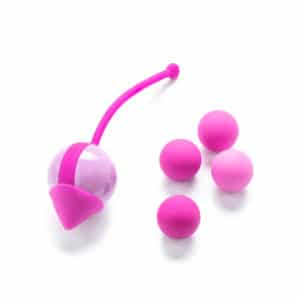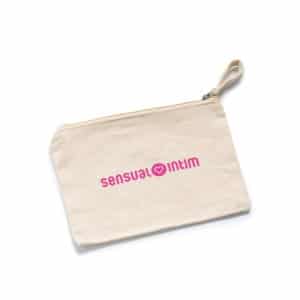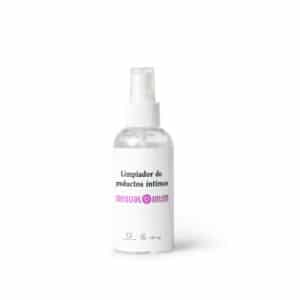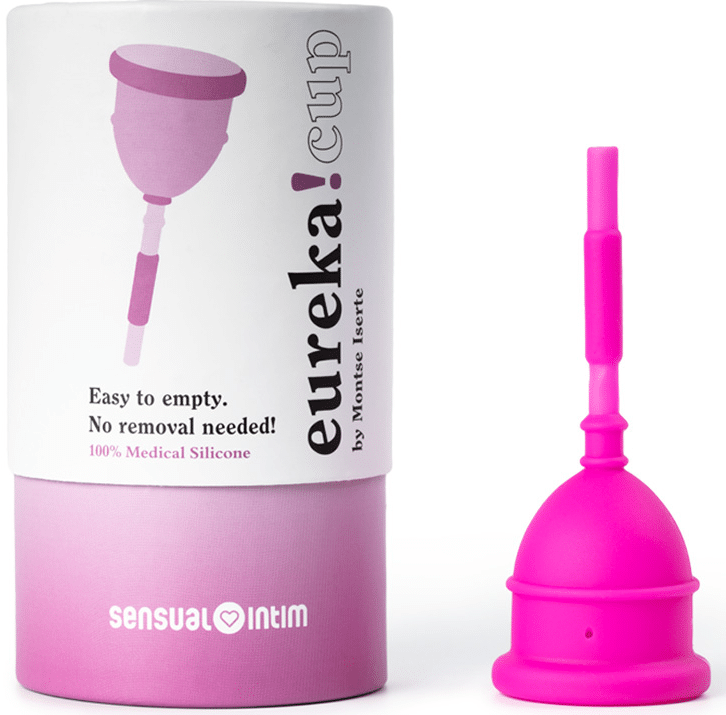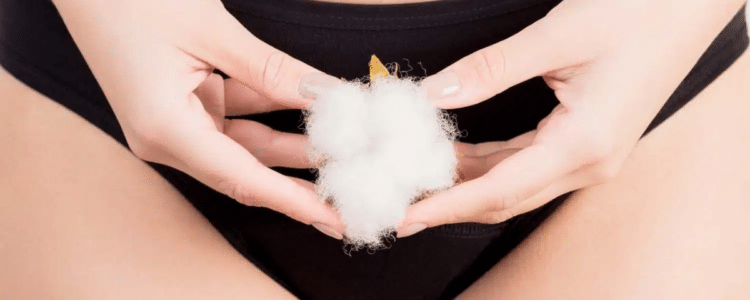
5 reasons to incorporate reusable menstrual products into municipal programs
Tiempo de lectura: 3 minutosMenstruation is an everyday reality that is still experienced with inequalities, taboos, and economic barriers. Thousands of people in Spain cannot access adequate products, which leads to period poverty, school absenteeism, and health risks. At the same time, disposable products have a serious environmental impact and a high cost both for citizens and for administrations.
In this scenario, reusable menstrual products appear as a simple and effective alternative. They provide comfort in daily life, reduce waste and, in addition, open the door for municipalities to promote initiatives with a real impact on the community.
After collaborating with administrations such as the Generalitat of Catalonia and municipalities in Lleida, Girona, or Navarre, we have seen firsthand how a municipal program can become a driver of equality and sustainability. Now, with that experience, we want to share 5 reasons to integrate reusable menstrual products into local policies.
1. Reduce period poverty and guarantee equality
Period poverty is still a reality: in Spain, nearly 2 out of 10 teenagers have missed school at some point because they couldn’t afford pads or tampons. This situation affects health, self-esteem, and equal opportunities.
Reusable menstrual products offer a real way out of this problem. The Eureka! Cup self-emptying menstrual cup, menstrual underwear, a menstrual swimsuit or a reusable pad allow menstruation to be managed comfortably and safely, while at the same time reducing the economic cost of each cycle.
A good example is the program promoted by the Government of Catalonia in 2024, which allows all menstruating people over the age of 10 to collect for free, at their local pharmacy, a reusable product of their choice: a menstrual cup, absorbent underwear, or cloth pads. The initiative reaches more than 2.5 million people, with the dual objective of fighting period poverty and reducing waste from single-use products.
This initiative shows that public policies can not only fight period poverty but also guarantee a basic right.
2. Positive environmental impact and waste reduction
Each menstruating person uses between 10,000 and 15,000 disposable pads and tampons throughout their lifetime, which means tons of waste that take hundreds of years to decompose. This environmental impact is enormous and falls directly on municipal waste management.
That is why reusable menstrual products are a sustainable and effective alternative. The Eureka! Cup menstrual cup, menstrual underwear, a menstrual swimsuit, or a reusable pad can be used for years, drastically reducing waste generation.
For example, over her fertile life, a woman can generate up to 150 kilos of waste in disposable pads and tampons. With a reusable menstrual cup, that number is reduced practically to zero. In addition, absorbent reusable garments allow municipalities to advance in their zero waste plans and contribute to meeting the Sustainable Development Goals (SDGs).
Thus, incorporating these products into municipal programs is also a strategy of climate justice, which positions the territory as a leader in sustainability.
3. Economic savings for administrations and citizens
Managing menstruation with single-use products involves a significant expense: it is estimated that a person can spend more than €2,000 throughout their fertile life on pads and tampons. In contrast, with reusable options, the cost is reduced to less than a tenth.
This saving not only benefits citizens. For administrations, promoting programs that integrate these products also means lower costs associated with waste management and greater efficiency in the use of public resources.
4. Menstrual education and awareness
Menstruation is still surrounded by taboos and silences that affect self-esteem, health, and the social participation of many people. Incorporating reusable menstrual products into municipal programs not only ensures access but also opens the door to educating and raising awareness about menstrual health.
Workshops in schools, health centers, or social organizations make it possible to explain how to use a menstrual cup, menstrual underwear, or a reusable pad, fostering confidence, autonomy, and knowledge.
These initiatives help normalize menstruation, break stigmas, and promote gender equality. In addition, they strengthen the public service role of municipalities, which become active agents of social and educational change.
5. Innovation and institutional commitment
Finally, incorporating reusable menstrual products into municipal programs is also a commitment to social innovation and institutional commitment.
Municipalities that implement these policies become leaders in equality, sustainability, and public health. Scientifically validated products, such as the Eureka! Cup menstrual cup and other alternatives, show that it is possible to modernize local policies with tested and effective solutions.
This type of initiative strengthens the territory’s reputation and shows citizens that the administration is willing to lead changes with a positive and lasting impact.
In short, every menstrual cup, every piece of underwear, or reusable pad represents less waste, more savings, and more dignity for those who menstruate. And, in turn, the municipalities and administrations that commit to these initiatives become benchmarks of innovation and community care.
Would you like to receive information to promote a menstrual project in your territory? Contact Sensual Intim and let’s build this change together.
This site uses cookies to provide you with a great user experience. Find out more here cookies Keep browsing or accept cookies.
Cookie settings
Below you can choose which kind of cookies you allow on this website. Click on the "Save cookie settings" button to apply your choice.
FunctionalOur website uses functional cookies. These cookies are necessary to let our website work.
AnalyticalOur website uses analytical cookies to make it possible to analyze our website and optimize for the purpose of a.o. the usability.
Social mediaOur website places social media cookies to show you 3rd party content like YouTube and FaceBook. These cookies may track your personal data.
AdvertisingOur website places advertising cookies to show you 3rd party advertisements based on your interests. These cookies may track your personal data.
OtherOur website places 3rd party cookies from other 3rd party services which aren't Analytical, Social media or Advertising.

This content is blocked. Accept cookies within the '%CC%' category to view this content.
